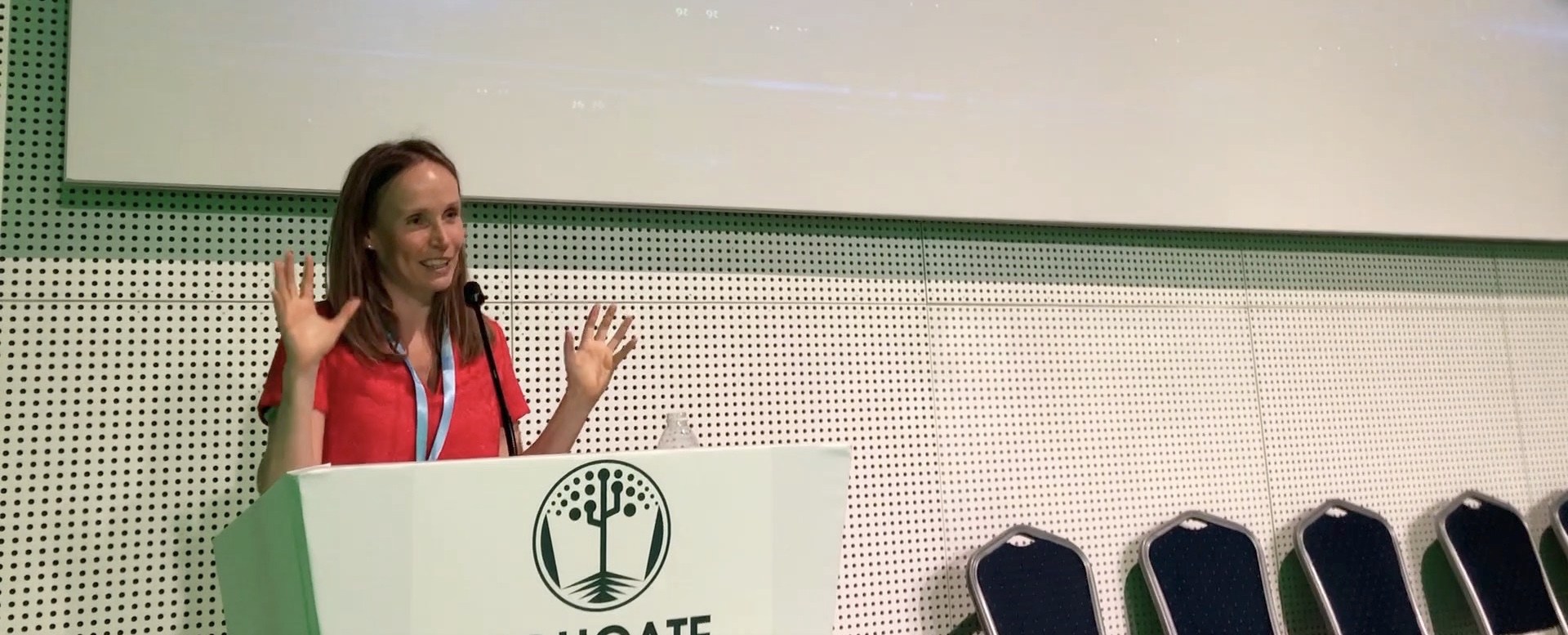A REVOLUTION
THE PURPOSE OF EDUCATION
Today's educational systems were built to foster obedient workers, and later to rank students to facilitate selection for higher education. Teaching is often structured not for learning but to generate a helpful basis for evaluation.
The focus on labels and categorisation has an adverse effect on learning.
A REVOLUTION
We need to make the purpose of education to help our children and youth grow the skillsets and perspectives that are useful to them in life. In order to do this, we need to focus less on evaluation and ranking, and more on supporting teachers to learn what and how we need to teach today to increase our chances of a healthy planet with happy humans in the future.
AFRICAN COUNTRIES AS EDUCATIONAL ROLE MODELS
Young educational systems have an unprecedented opportunity to skip ahead of West European and North American relics by getting the WHAT and HOW of teaching right straight away. We can compare this to remote phone access. By employing the right impactful tools we know of today, spouting African educational systems could become the role models for countries with ancient teaching traditions in Europe.

ALLOW TEACHERS TO TEACH
In 2018 alone, I have met thousands of teachers from all over the world. Not a single one of them said they chose their profession because they like evaluating students. Almost all of them share my passion for growth and learning. My research focuses on how to create the best possible learning environment and how to facilitate all students' learning. Two characteristics stand out as crucial for a learning space: that students feel safe, and that they have fun. To feel safe seems to be a fundamental part of opening up to learning. Safe to ask any questions and get a positive reaction, to share our ideas without the risk of being laughed at, and to try things out without being judged. If we define learning as creating new neural pathways, then some friction is exactly what we are looking for. When we challenge ourselves to do and understand new things new neurons fire together and gradually with repetition and experience new pathways emerge. Ideally, we look to create just the right level or amount of struggle. In practice this is hard and making sure students stay curious and are having fun is a great way to evoke the necessary engagement to push through when they face resistance or things do not work out the way they hoped for.
The teacher is paramount in providing both a safe classroom of fun-filled experiences, as well as to offer the necessary guidance for students to reflect on what experiments they are about to design, as well as their outcome. As technology emerges in all areas of our lives, teachers, more than ever before, need to be humans. Teachers' experience and wisdom on how to relate to ourselves and to others may become as important as their in-depth subject knowledge.
WHAT - FACTS & SKILLSET
The needs for knowing things by heart does not vanish with smartphones, the collective data available online and sophisticated search engines at our hands. On the contrary, in a world of increasing complexity, where the number of researchers and the knowledge they acquire is racing - it is fundamental that we have a lot of basic facts at hand in order to be able to critically question, take in, analyse and reflect on the implications of new discoveries. Should we first need to look up where a country is located, what historic events the data relates to because we stay a tabula rasa rather than
Knowing the multiplication tables by heart is a predictor of how well we will do in math later on, supposedly both because we save time by not getting stuck on basic calculations...
HOW - TEACHING WITH IMPACT
The role of the teacher
Many teachers feel pressured to learn more about everything in order to keep up with their students...
Understanding how we learn
On my journey to learn about learning I focused both on the process of learning and the learning environment...
Believing in our own potential
A great way to introduce challenging subjects is actually not to head straight for the topic itself but to first take students on a tour of their own nervous system. Myths about who is predisposed for what are never helpful. But to understand that we can, in fact, learn almost anything we want, why we will benefit from sticking to it, and how to increase our chances of persevering will forever change our ability to learn and to grow..
Competing with distractions
Many students in affluent countries across the world are growing up as what has been labeled digital natives...


